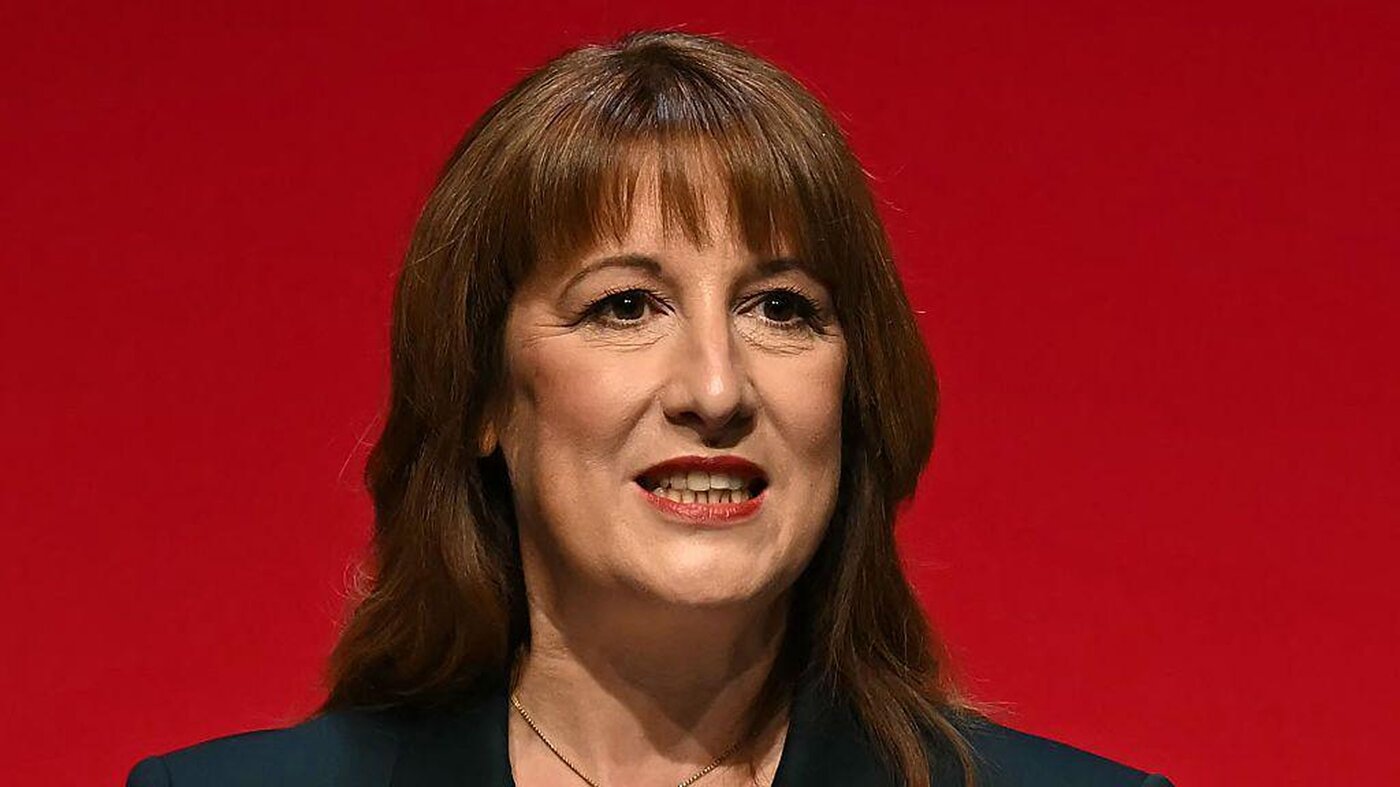Introduction
The Labour Party’s approach to welfare spending remains a focal point of UK political debate, as policymakers and the public scrutinise plans for benefits and social support. Changes in economic conditions, shifting public sentiment, and government policy proposals have led to renewed attention on how Labour addresses welfare.
The discussion centres on the party’s support for vulnerable communities and the fiscal responsibility of its welfare agenda. This article explores recent developments, contextualises Labour’s historical stance, examines political and financial ramifications, and considers broader societal implications.
Recent Developments in Labour’s Welfare Policy
Labour’s policies on welfare and social security programs have drawn significant attention amid evolving economic challenges. The party has outlined commitments to protect essential benefits for low-income families while reviewing overall government spending.
Key proposals include revisiting Universal Credit rates, with senior Labour officials indicating a desire to balance support for claimants with fiscal discipline. In public statements, party leaders have emphasised the importance of maintaining robust safety nets without “indiscriminate” increases to spending.
Historical Overview of Labour and Welfare
Labour has traditionally positioned itself as a champion of public welfare, advocating for comprehensive support systems since the post-war era. The party played a central role in creating the National Health Service and expanding social insurance programmes.
Over recent decades, Labour has faced criticism about both the level of welfare spending and the effectiveness of its policies in reducing poverty. The party’s identity has at times been shaped by its commitment to addressing inequality and supporting those facing hardship.
Political Reactions to Labour’s Welfare Approach
Political reactions to Labour’s welfare policies have varied across the spectrum. Party members and affiliated groups typically praise efforts to support vulnerable households, citing the need to counteract austerity measures implemented in previous years.
However, critics from opposition parties, particularly the Conservatives, have accused Labour of favouring higher expenditure without sufficiently considering budget constraints. Debate continues around the sustainability of benefit programmes and the impact on long-term economic growth.
Financial Implications of Welfare Policy
Welfare spending remains one of the largest components of the UK government’s budget, with recent years seeing upward pressures linked to cost-of-living increases. Labour has faced questions regarding how it would fund continued or expanded welfare payments, especially as the nation’s fiscal position remains under strain.
Party officials have pointed to tax reforms and efficiency savings, while reassuring voters that any revision to benefits would be “fully costed and responsible” according to public statements.
Public and Stakeholder Responses
Public opinion on welfare policy is often divided along both economic and social lines. Advocacy groups have welcomed Labour’s apparent willingness to maintain support for those in need, arguing that continued investment is essential for social mobility and community stability.
Business groups and some commentators, however, have voiced concerns about the impact of higher social spending on taxes and government debt, underscoring the need for careful prioritisation.
Final Summary
The Labour Party’s evolving stance on welfare spending and benefits reflects ongoing tensions between social support commitments and fiscal prudence. As economic headwinds persist, the party’s priority remains safeguarding the most vulnerable while delivering responsible government.
The national conversation over welfare spending is set to shape the next phase of UK social policy. Readers interested in further tracking policy developments and economic analysis may find relevant updates and resources with the Pie app.











